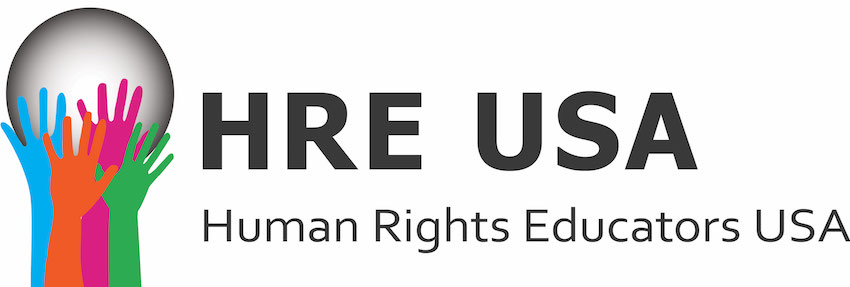Across the country, legislatures have passed laws to criminalize teaching honestly about U.S. history and to restrict students’ ability to ask questions and engage in critical thinking. The laws’ chilling effect reaches classrooms nationwide. Textbooks and high-stakes testing have also long distorted curricula.
Black, Indigenous, Latinx, Asian American, Palestinian, and LGBTQ+ writers are being banned by the same forces passing laws against voting rights, gun reform, trans rights, climate justice, and more.
We need to challenge the silence that increases racism, Islamophobia, antisemitism, sexism, and homophobia.
Join us on Saturday, June 8, for the Teach Truth Day of Action.











